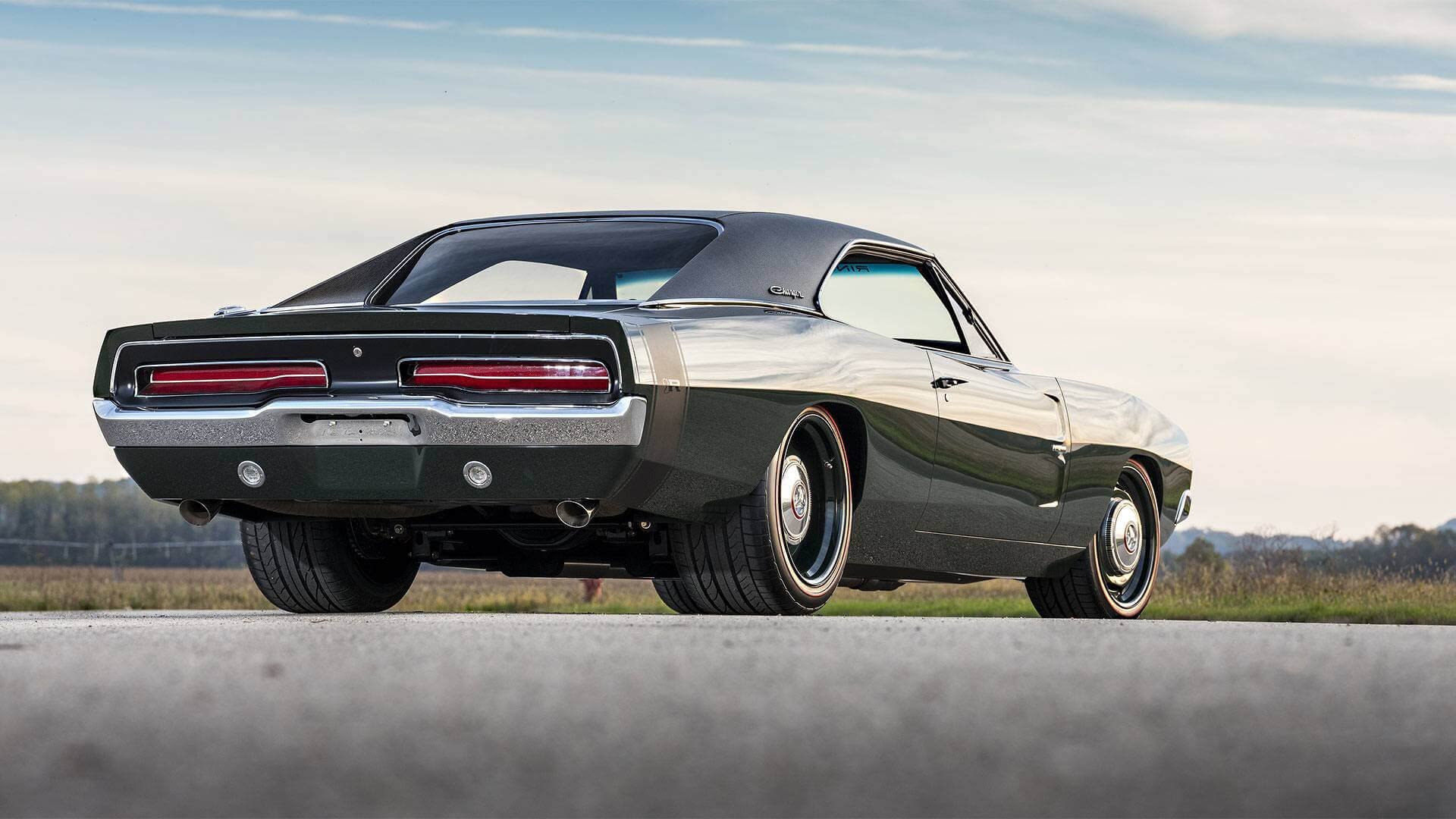Chances are you have been asked to provide your car’s VIN number at some point. Perhaps it was to the dealership, your insurance company, or a potential buyer, but did you know there is more to that string of characters than meets the eye? If you have always wondered what a VIN number is or whether a VIN can be changed, or if the phrase “VIN number” is redundant, you’re about to find out.
Summary
A vehicle identification number (VIN) is a form of identification used in modern automobiles. VINs contain data about the vehicle’s options and manufacturing and a unique serial number. Government-maintained VIN histories include service records and information about current and previous owners, but don't worry, this data is not public record. Contrary to the rumors, it is perfectly safe to give out your VIN.
A typical automotive VIN plate. source
What is a VIN Number?
A vehicle identification number (VIN) is like a car’s unique DNA sequence, a form of identification used by all modern motor vehicles. It contains data about the vehicle’s manufacture and country of origin including some model-specific details and the vehicle’s unique production serial number.
The standardized length for modern VINs is 17 digits. This format prevents any two vehicles produced within 30 years of each other from having the same VIN number. Some vintage or obscure vehicles don’t have a standard-length VIN while others have characters that don’t have a specific meaning or don’t follow a specific pattern.
Is it “VIN” or “VIN Number”?
Actually, the phrase “VIN number” is redundant. That’s because VIN stands for Vehicle Identification Number. In effect you are saying “Vehicle Identification Number Number.”
What do those numbers and letters mean?
VINs are decoded through a process called VIN Decoding. Each vehicle has a unique VIN sequence and a unique decoding process. A shop manual or forum should explain how to decode the VIN for your vehicle.
Where is the VIN located on my car?
For North American vehicles made in the last few decades, the VIN number can usually be found on the driver’s side dashboard near the base of the windshield. The second location is the driver’s side door jamb just below the door latch. For vintage vehicles, the VIN is usually on an identification plate located under the hood.
What is a “numbers matching” car?
With vintage vehicles, portions of the VIN can often be found stamped on multiple components. The phrase “numbers matching” describes a car which bears its original serial number on its engine, transmission, body, and other components.
What is a VIN used for?
VINs are used for many purposes including sourcing parts, assigning traffic tickets, and determining the original equipment and date of manufacture for vintage cars. Insurance companies use VINs to tie coverage to a specific vehicle and history reports like Carfax are based on information attached to a car’s VIN – not the physical paper trail, the physical title, or the license plate number. That’s because a car’s VIN is permanent. Unless it has been tampered with – more on that later.
VIN Data and Vehicle History Reports
Who keeps track of VINs? Who has access to VIN data?
In the United States, VIN records are kept by the government. VIN data can be accessed by your local DMV branch and a variety of other entities including vehicle history reporting companies like Carfax, organizations like the Insurance Institute for Highway Safety, law enforcement, and border customs agencies are all granted certain access to VIN data.
Who can add to, change, or access VIN data?
Dealerships and mechanics’ shops
History reporting companies like Carfax
Organizations like the Insurance Institute for Highway Safety
Law enforcement and customs agents
Is it safe to give my VIN number to a stranger?
Yes! Because VIN data is not public record, it is completely safe to provide your car’s VIN to a potential buyer, be that online or in person. A VIN can only be used to obtain general information about your vehicle’s service records and history. After all, any person could simply walk up to your car and read its VIN. Even that poses no danger because VIN data is not public record.
What stops someone from looking at my VIN history?
Some VIN search services have been known to provide the name and address of the last registered owner but using that information for nefarious purposes is against the law. Since VIN data is not public record, abusing it is a crime. Companies like Carfax charge a nominal fee for their services to deter would-be scammers from using them for nefarious reasons. Some companies require proof of ownership of the vehicle before revealing any information.
Using VIN data to gather personal information is uncommon and illegal. To this end, many VIN check websites present a version of this statement to their users:
“WARNING: You may only conduct License Plate and VIN owner information searches to carry out one or more of the approved purposes of either the "Automobile Information Disclosure Act", the "Motor Vehicle Information and Cost Saving Act", the "National Traffic and Motor Vehicle Safety Act of 1966", the "Anti-Car Theft Act of 1992", or the "Clean Air Act", all as now or hereafter amended. By submitting this form, you attest that you are running the search for an approved reason and you will not share the data with anyone who is not authorized to view it by law.”
The above quote originated from SearchQuarry.com.
VIN Tampering and Changing a VIN
Can a VIN number be changed?
In the United States, it is illegal to change a VIN except in specific circumstances of foreign vehicle importation and vintage car restoration.
Unfortunately, it is possible to create a fraudulent VIN number and even forge a paper title. This is a good reason to run a vehicle history report on a vehicle before you buy it.
The process of forging a VIN goes something like this:
A criminal acquires a car that was stolen, crashed, or otherwise devalued. Let’s say a 1990s Honda Accord, a model which Forbes called one of the most stolen vehicles of all time.
The criminal finds an identical Accord – same year, same color, same trim level – and runs its VIN number to ensure a clean history. He then makes a fake VIN plate with the new VIN number and swaps it with the one on the stolen car.
The thief acquires a fake paper title with the new VIN and his name. A stolen car can now be sold to an unsuspecting buyer.
The next buyer will get a surprise when they try to insure the car only to be told it is actively insured by a different person. The victim’s car would be confiscated, and the victim would have to sue the thief to recover their loss.
Avoid this scenario by running a VIN Check on any vehicle you plan to purchase. If the seller’s name doesn’t match the last registered owner of the car according to the check, if the name on the title is different, or if anything else seems odd to you, walk away.
Is it possible to legally create a new VIN?
Yes! There are companies that produce new 17-digit VIN numbers for many purposes including custom car building, homebuilt kit cars, and off-road to on-road conversions. Companies like Dirt Legal can help you get a street legal title for powersports toys – dirt bikes, ATVs, and golf carts to name a few. Click the button below to learn more.
VIN Trivia
Does Dominic Toretto’s car have a VIN?
It has two.
Has a VIN ever helped solve a crime?
Yes! Countless car thieves, title washing scammers, and everyday criminals are busted each year thanks to modern VIN reporting methods.
Devoted car enthusiasts are often tempted to violate the 25-year import law which exists in the United States. In short, this rule says that if a vehicle never passed US safety regulations (it was never sold new in the United States) it cannot be legally imported until 25 years after its date of manufacture. Upon entering the country, a vehicle’s VIN is compared to an extensive database; illegal imports are swiftly seized and destroyed.
In that last example, the owner of an imported Nissan Skyline watched helplessly as their car was crushed by authorities for being imported illegally. That is a great reminder to always ensure things are done correctly when importing a vehicle. I suspect that person would have to sue the seller to recuperate any losses, because the government certainly isn’t going to pay for it.
How do I get a VIN Check?
Dirt Legal specializes in everything related to titling a vehicle.
We can obtain a new title for cars, motorcycles, and almost anything with wheels
Our VIN Checks give you peace of mind when buying a car
You can contact us with any manner of title-related issue and we will be happy to assist you
If you have any further questions about VINs feel free to contact us using the link above. Click the buttons below to learn more about our services.
We are not attorneys. This article is not legal advice.
















There are no tow trucks out in the field when the Army hits the dusty, muddy, or snowy trails. Luckily, their fleet is well equipped for the much. Army recovery vehicles are made to take the worst punishment, and you can buy them as surplus! But they are considered off-road. Let's see how you can tag one up for your worst trails!